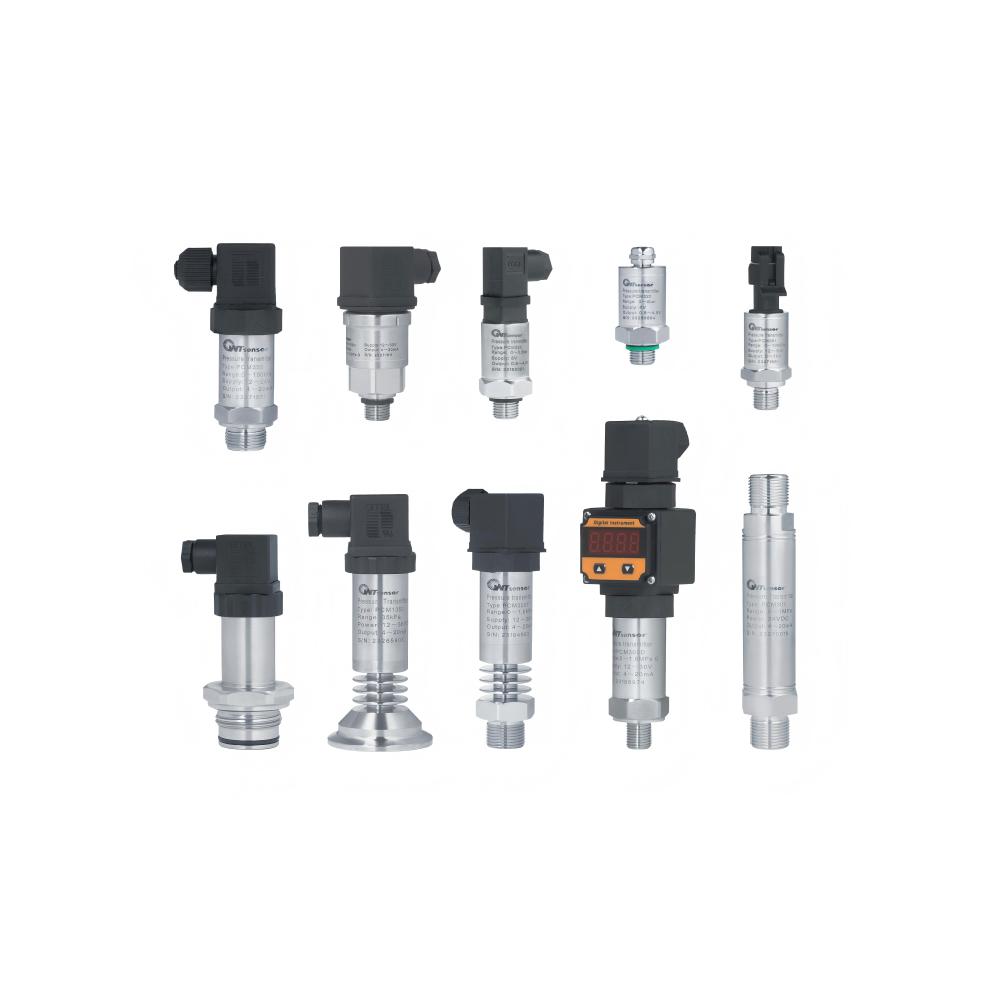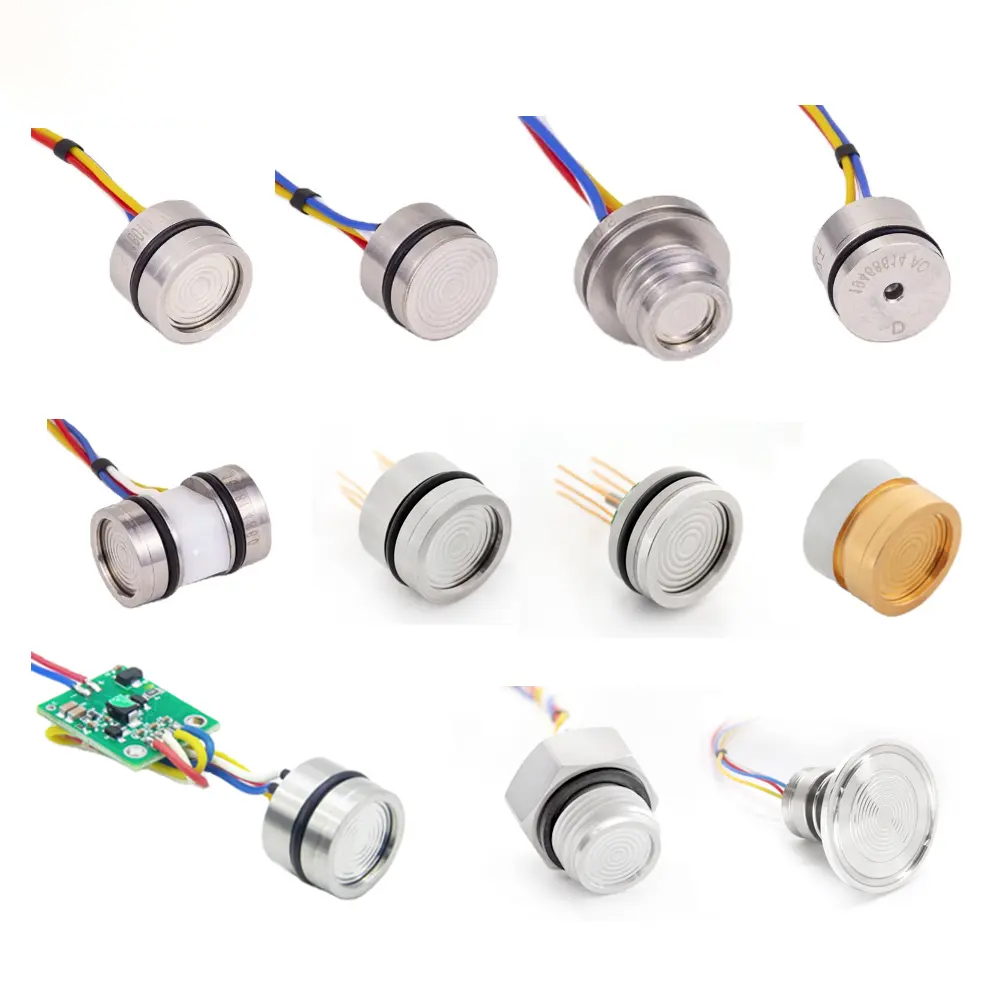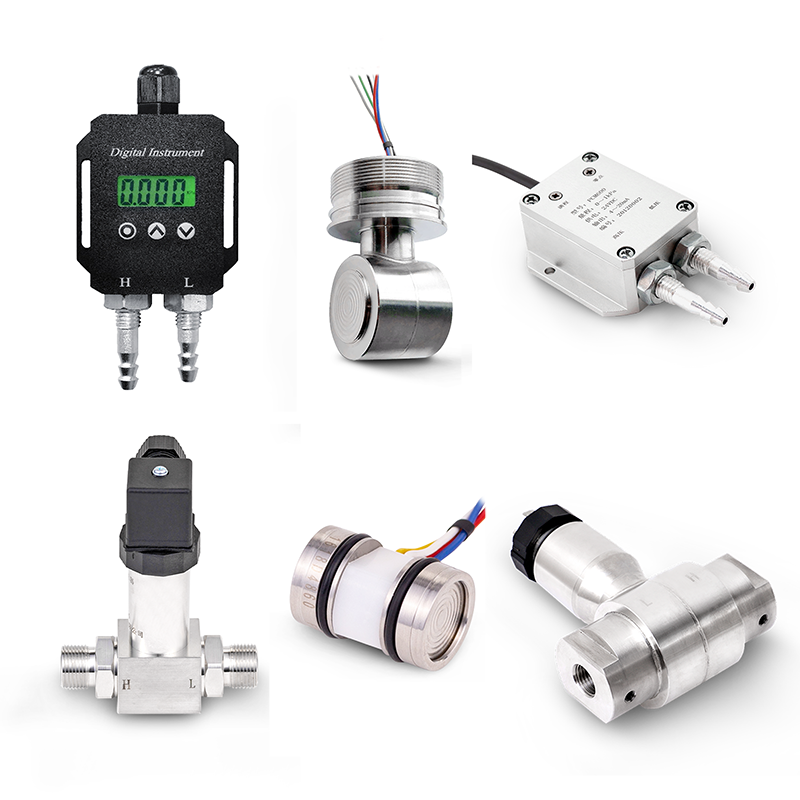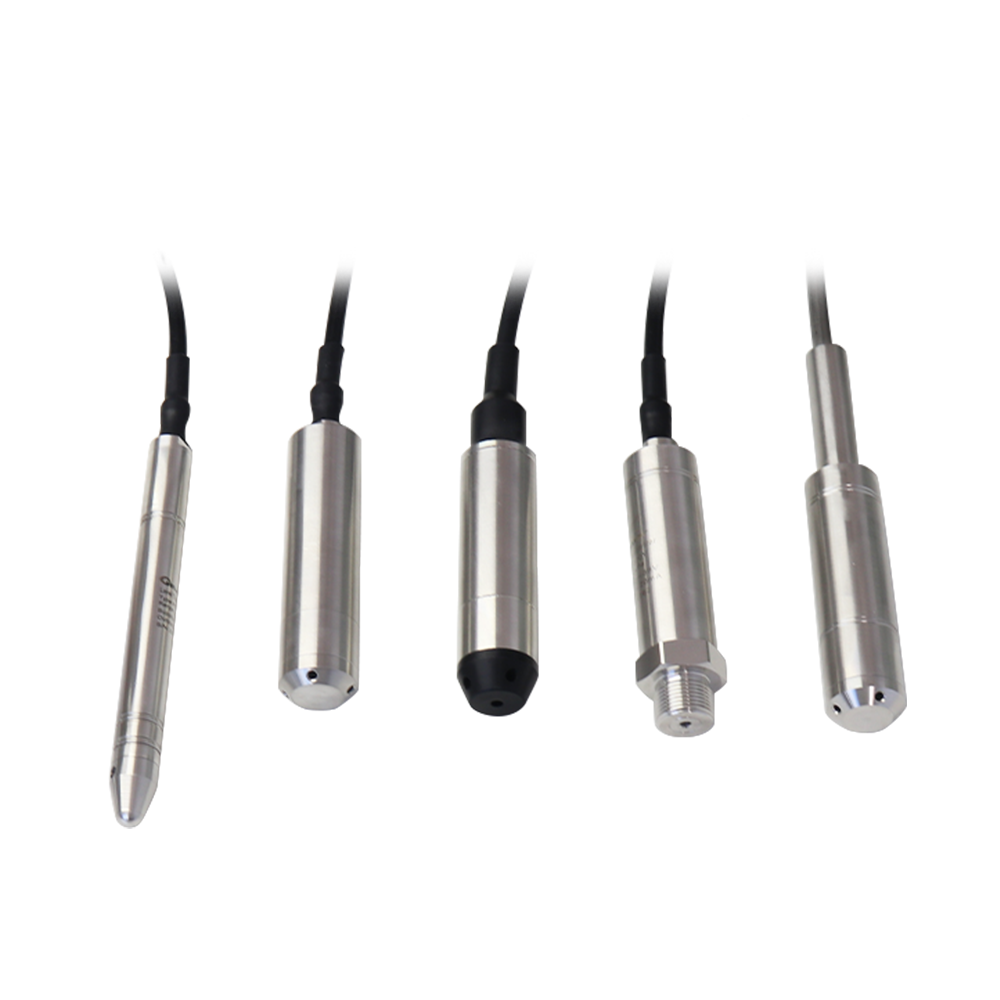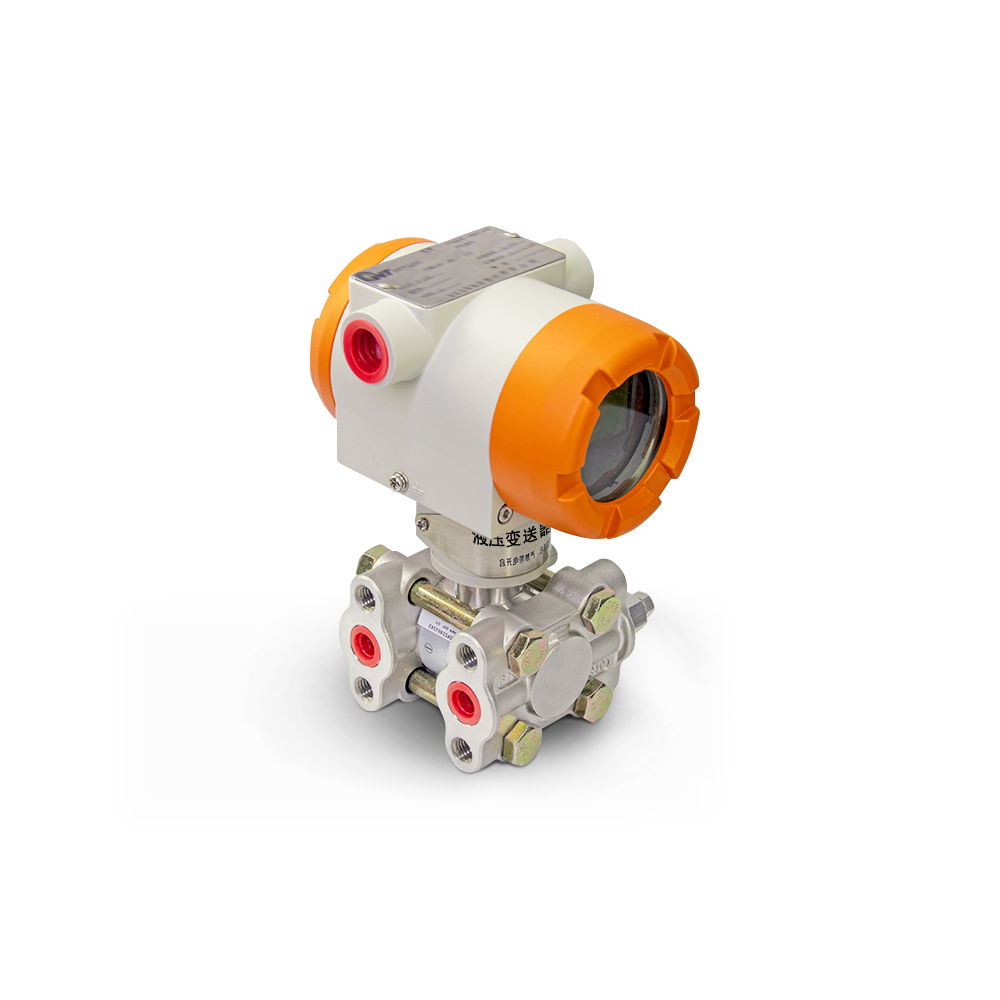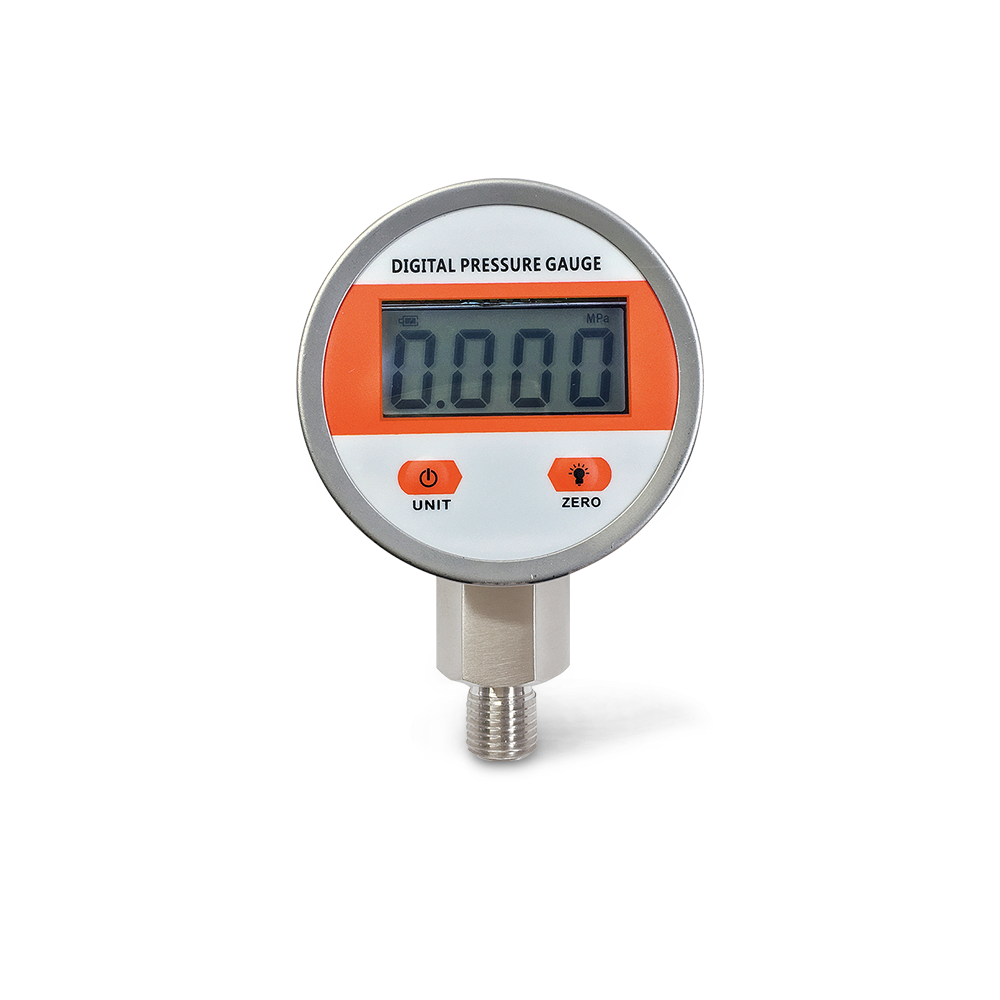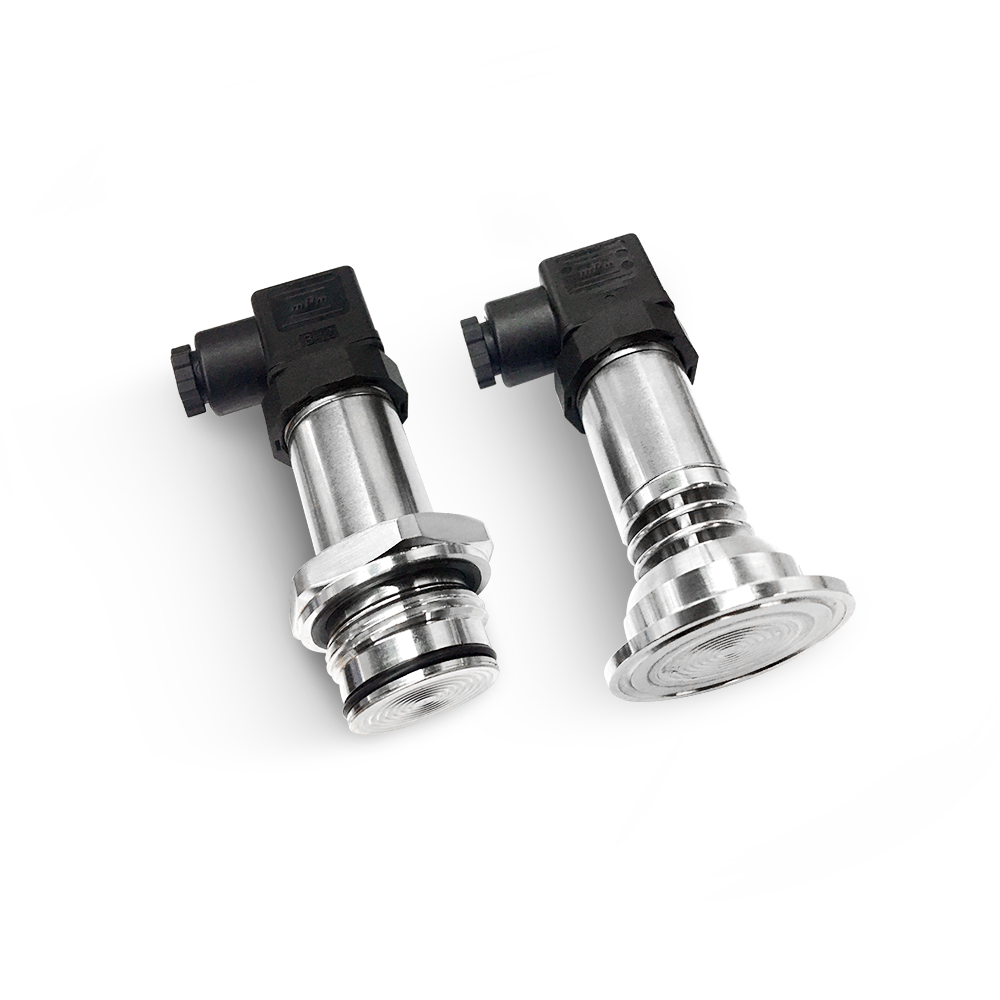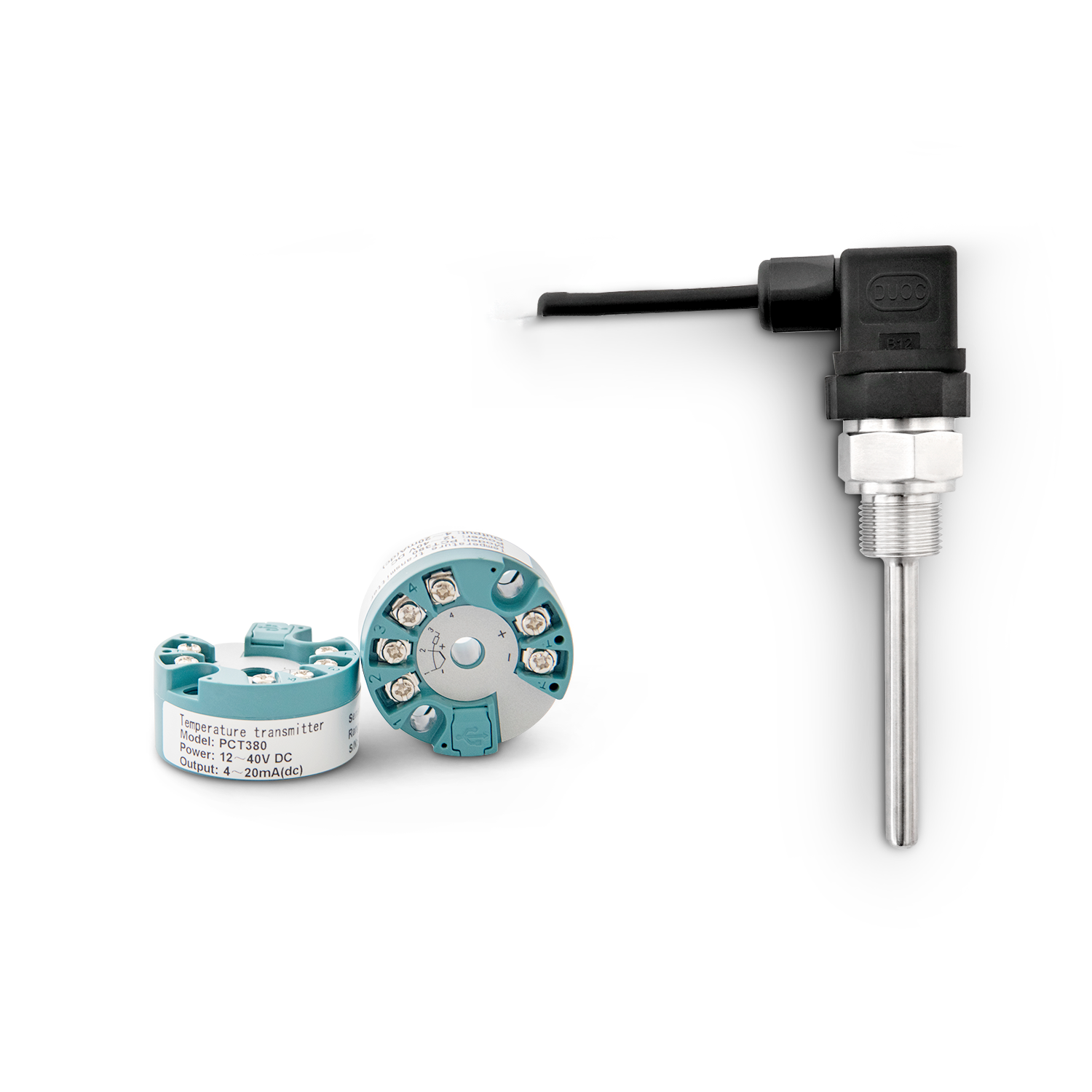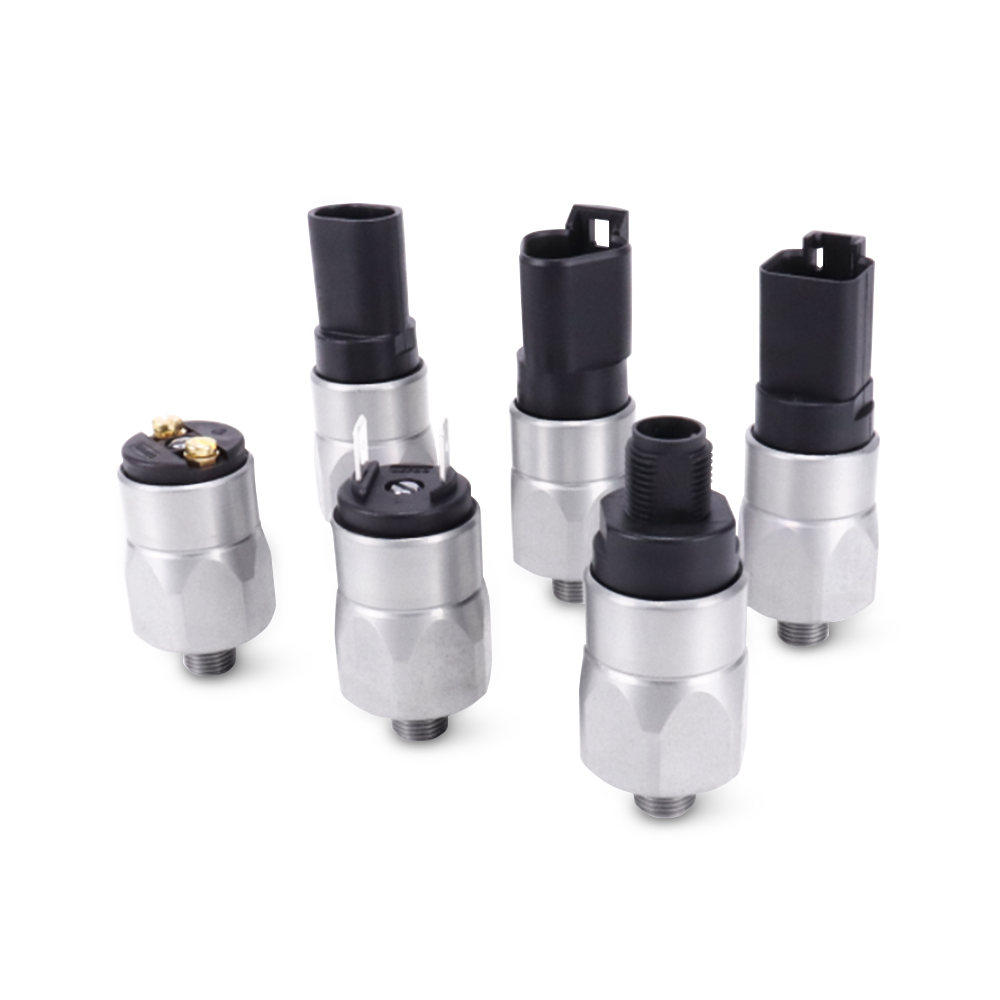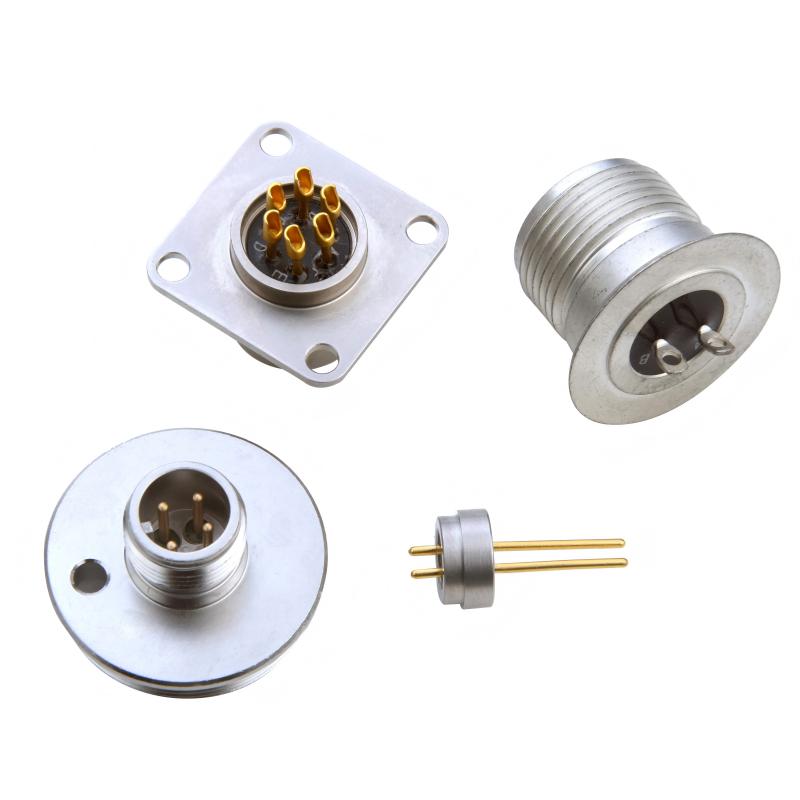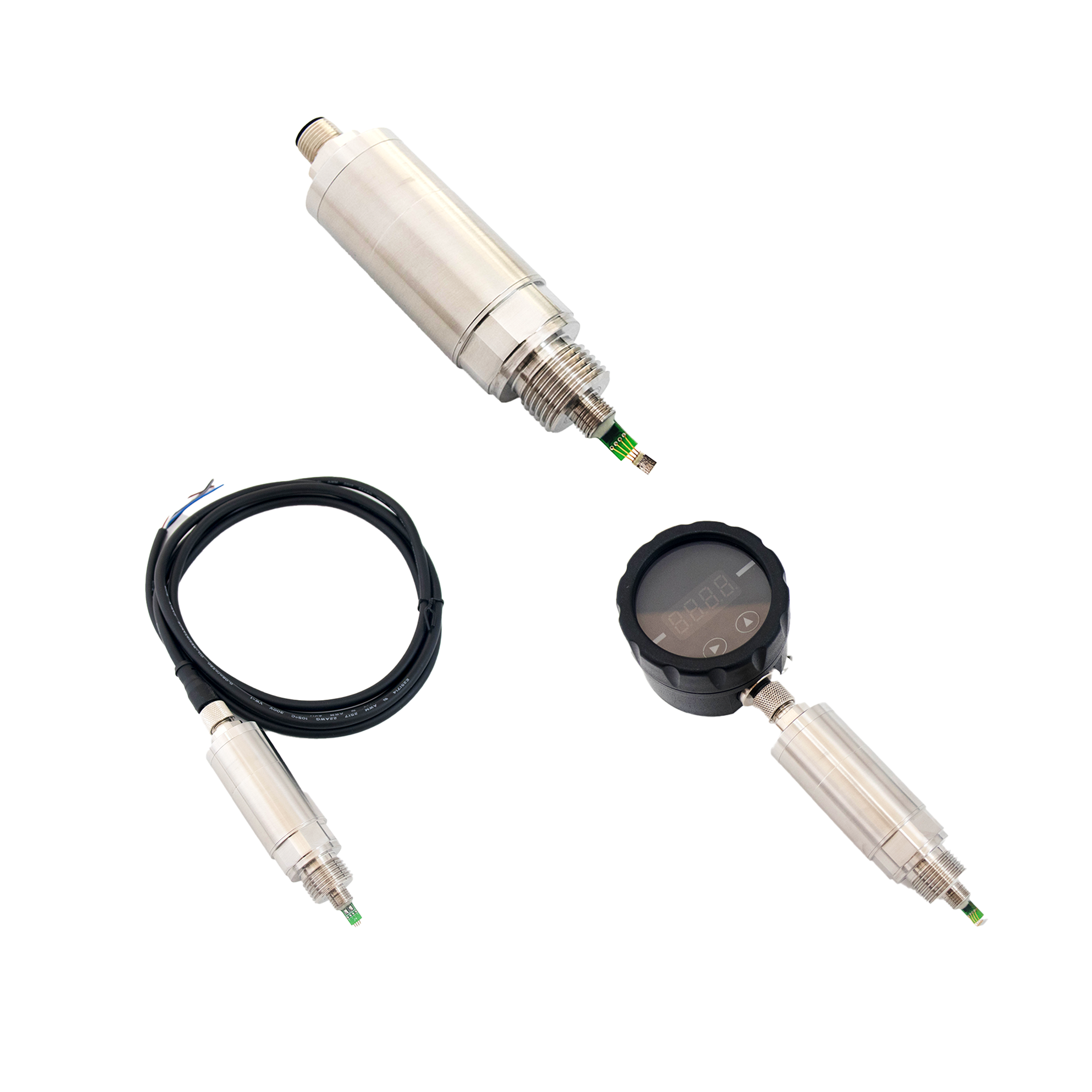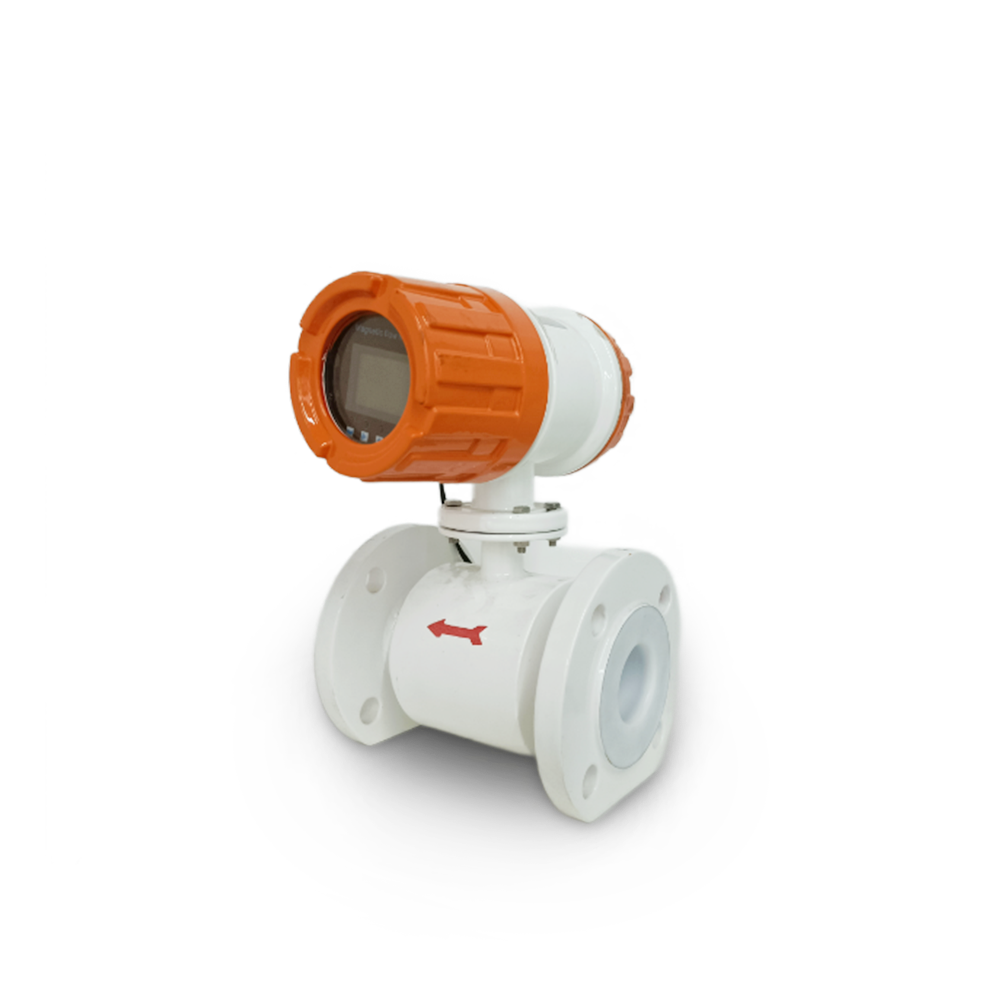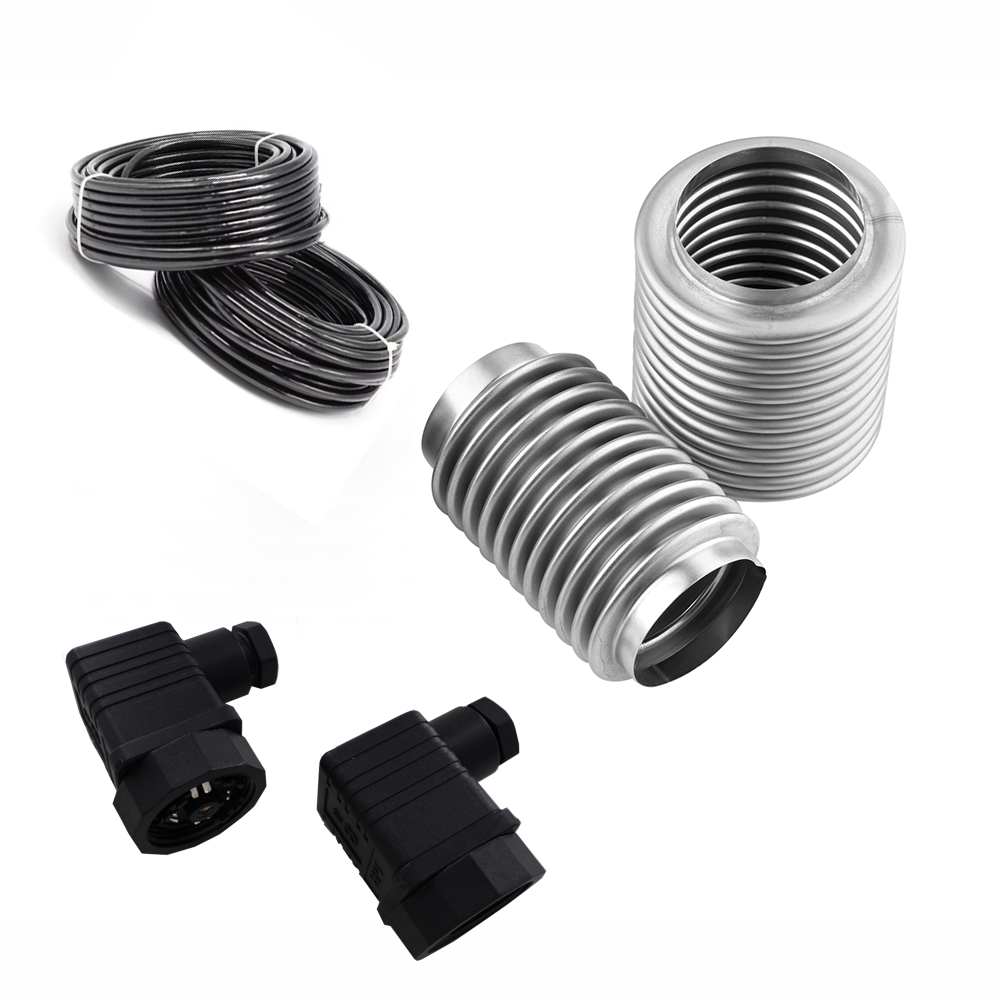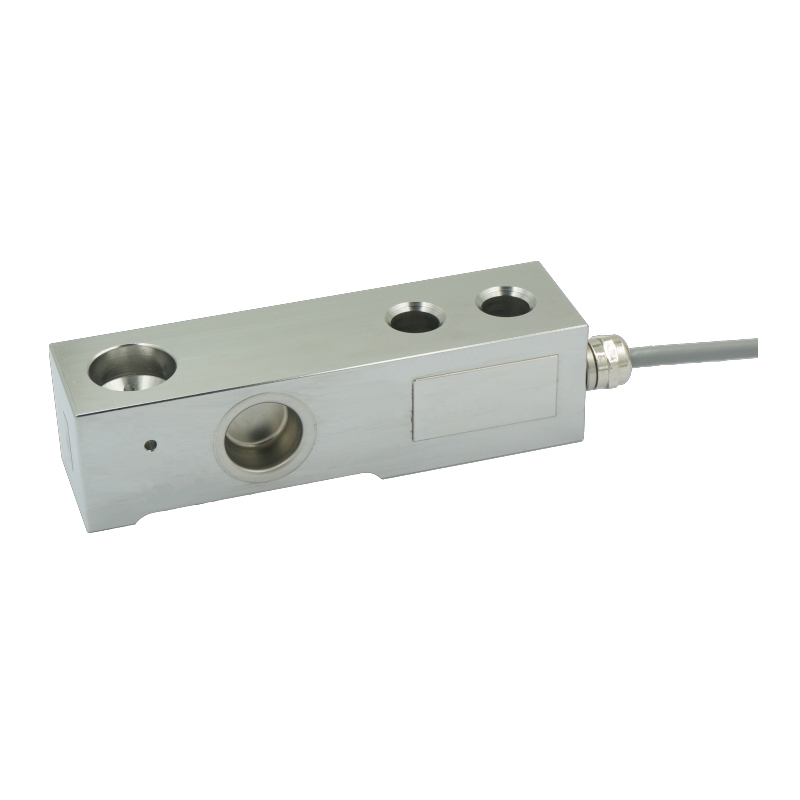Basics in Circuits: Wheatstone Bridge
From: Issued date 2020.02.29 Back
Wheatstone bridge is not invented by Wheatstone. When measuring resistance and other electrical experiments, a circuit called Wheatstone bridge is often used. Many people think that this bridge was invented by Wheatstone. A misunderstanding, this bridge was invented by the British inventor Christie in 1833, but since Wheatstone was the first to use it to measure resistance, it is customary to call this bridge a Wheatstone bridge .
The Wheatstone bridge is a bridge circuit composed of four resistors. These four resistors are called the bridge arms. The Wheatstone bridge uses changes in resistance to measure changes in physical quantities.
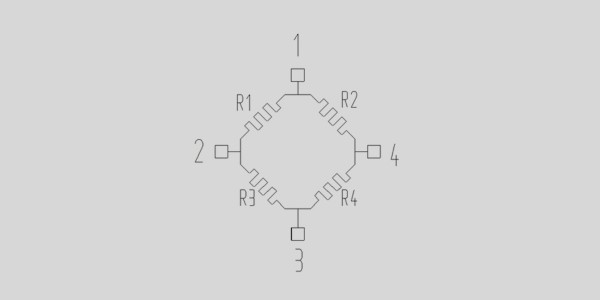
1,opposite
R13 = (R1 + R3) // (R2 + R4)
R24 = (R1 + R2) // (R3 + R4)
2,adjacent
R12 = R1 // (R2 + R3 + R4)
R23 = R3 // (R1 + R2 + R4)
R43 = R4 // (R1 + R2 + R3)
R14 = R2 // (R1 + R3 + R4)
3,The four resistors in the silicon pressure chip are very close together, referred to as bridge resistance R for short.
R1≈R2 ≈R3≈R4 ≈R
R13 ≈ R24 ≈ R
R12≈R23 ≈ R43≈R14≈3 / 4R
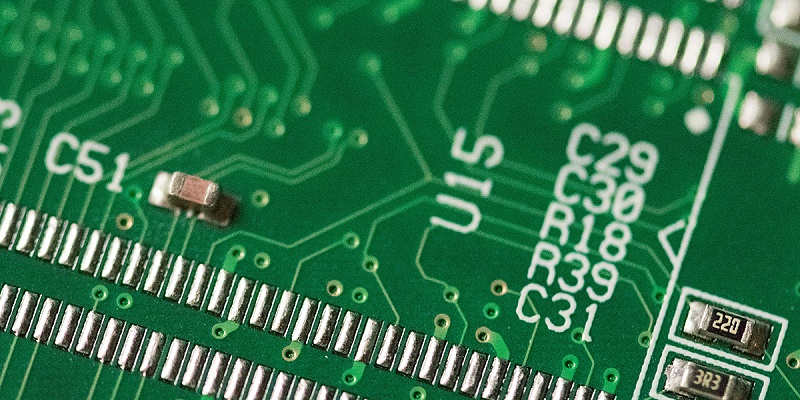
The bridge in the silicon pressure chip is different from the theory. There is a direction in the actual test of the resistance. Assume that 1 terminal is IN + and 3 is IN-. Resistance between 3, 1 for positive test lead +, 3 for negative test lead.
When the bridge is unbalanced, the current IG of G is related to R1, R2, R3, and R4. Using this relationship, the resistance of the fourth arm can also be obtained based on the resistance of the IG and the three arms, so the unbalanced bridge can also measure the resistance in principle.
References
1. [English] Allen Isaacs; Guo Jianzhong, Jiang Zhaoming, Mao Huafen, etc. Macmillan Encyclopedia: Zhejiang People's Publishing House, 2002
2.Wang Chenming.Discussion on the application of Wheatstone bridge in medical diagnosis and detection instrument [J] .Medical Equipment, 2002 (04): 13-14.

